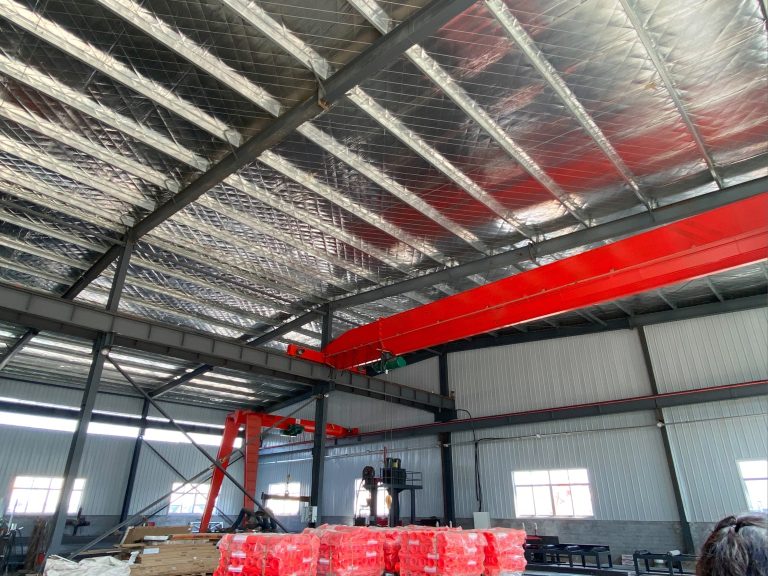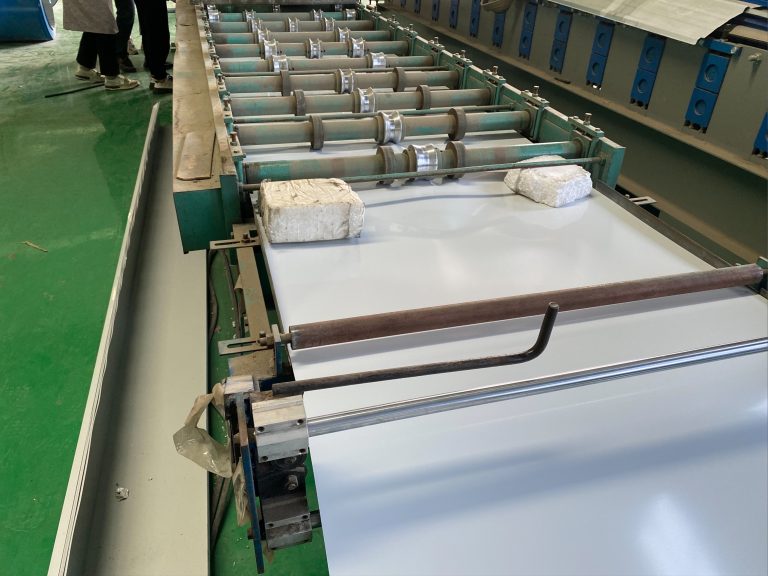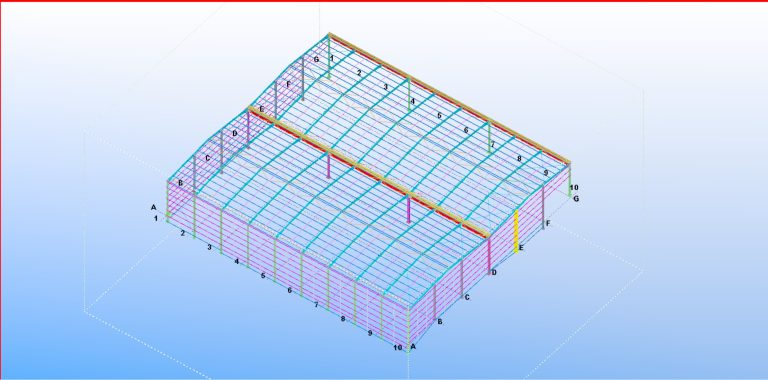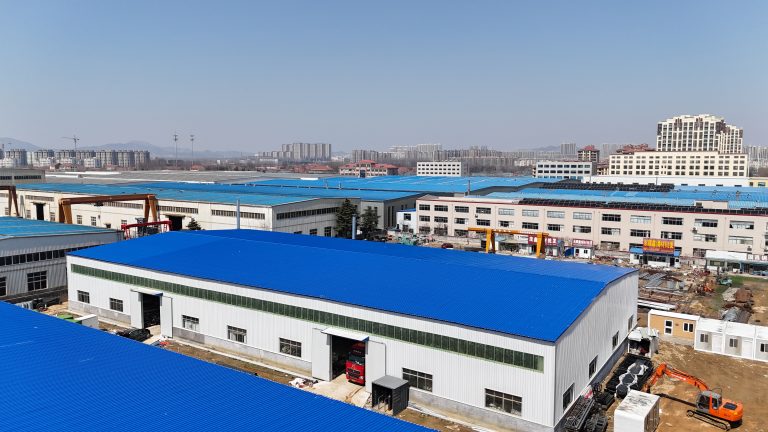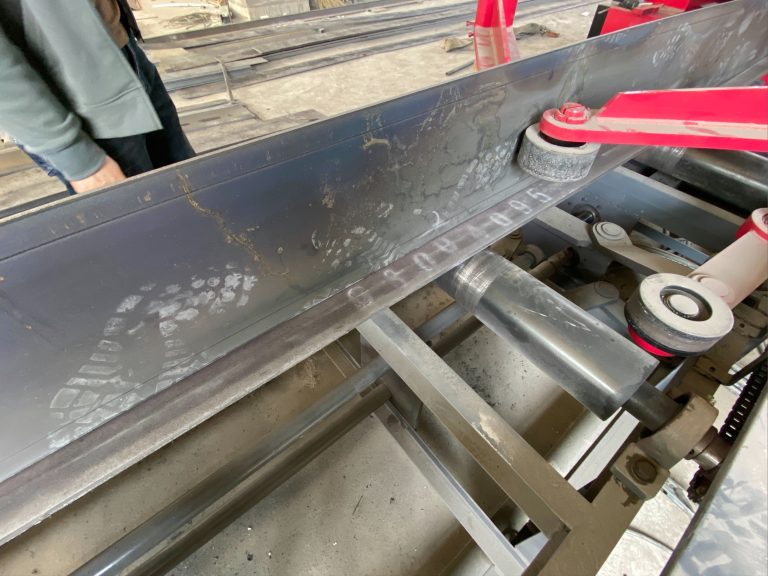What is the role of seismic support in improving the integrity and toughness of building structures?
Importance of Seismic Support in Enhancing Building Integrity and Toughness
Seismic support plays a crucial role in enhancing the integrity and toughness of building structures. In regions prone to earthquakes, such as the Ring of Fire, it is essential to implement seismic support systems to ensure the safety and stability of buildings during seismic events. These systems are designed to absorb and dissipate the energy generated by an earthquake, reducing the impact on the building and its occupants.
One of the key benefits of seismic support is its ability to improve the overall structural integrity of a building. By providing additional support and reinforcement, seismic support systems help prevent structural failure and collapse during an earthquake. This is particularly important in high-rise buildings, where the forces generated by an earthquake can be amplified due to the building’s height.
In addition to enhancing structural integrity, seismic support also plays a crucial role in improving the toughness of building structures. Toughness refers to the ability of a material to absorb energy and deform without fracturing. Seismic support systems are designed to increase the toughness of a building by dissipating the energy generated by an earthquake and reducing the stress on the building’s structural elements.
One of the most common types of seismic support systems is base isolation. Base isolation involves placing a series of flexible bearings or isolators between the building and its foundation. These isolators allow the building to move independently of the ground during an earthquake, reducing the forces transmitted to the structure. This helps protect the building from damage and ensures the safety of its occupants.
Another important aspect of seismic support is the use of damping systems. Damping systems are designed to absorb and dissipate the energy generated by an earthquake, reducing the building’s response to seismic forces. This helps prevent excessive vibrations and reduces the risk of structural damage.
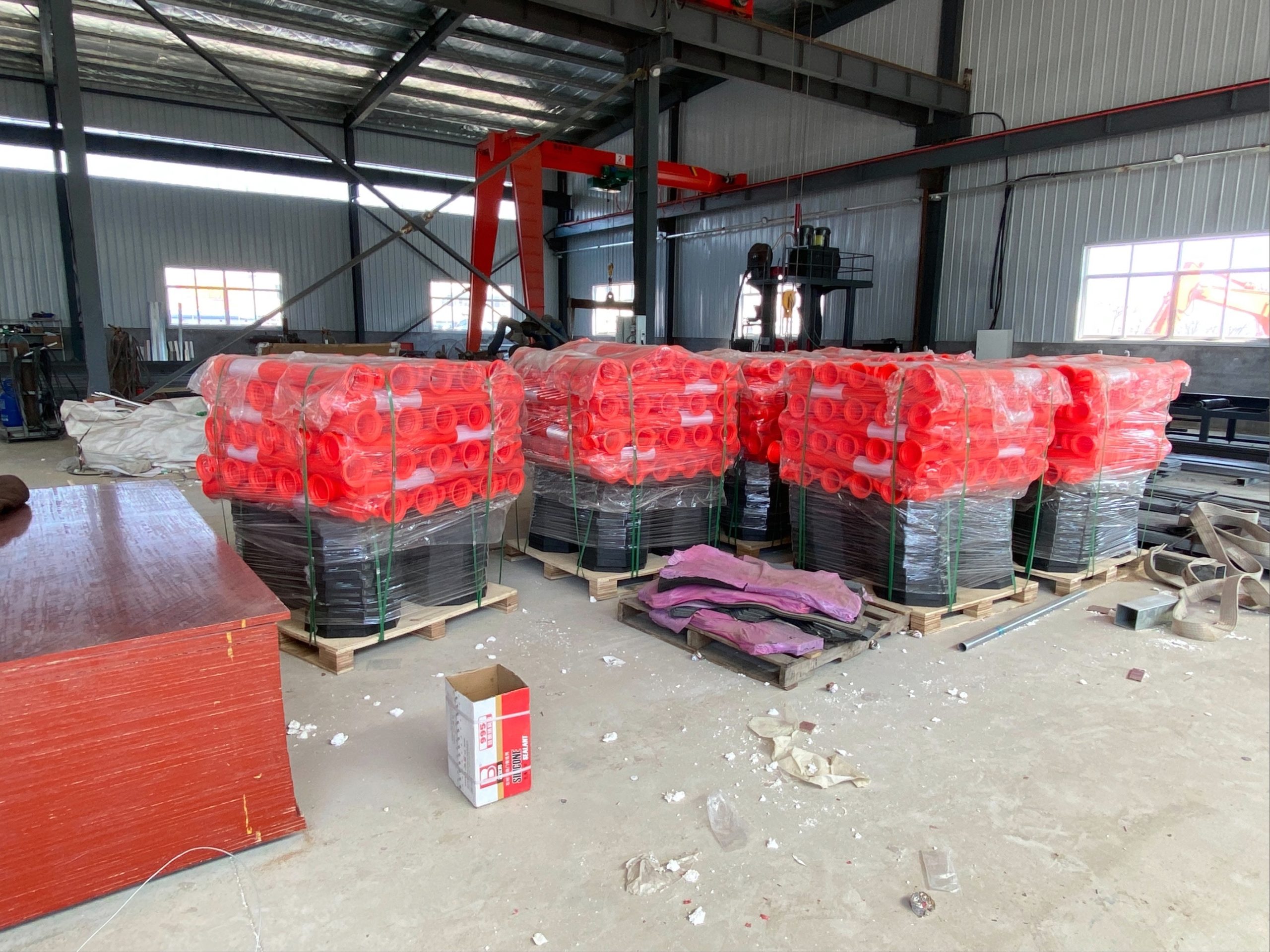
Seismic support systems are also designed to improve the overall performance of a building during an earthquake. By reducing the forces acting on the structure, seismic support systems help minimize damage and ensure the building remains functional after a seismic event. This is particularly important in critical facilities such as hospitals, emergency response centers, and government buildings, where the ability to remain operational during and after an earthquake is essential.
In conclusion, seismic support plays a crucial role in enhancing the integrity and toughness of building structures. By providing additional support and reinforcement, seismic support systems help prevent structural failure and collapse during an earthquake. They also improve the toughness of a building by dissipating the energy generated by an earthquake and reducing the stress on the building’s structural elements. Implementing seismic support systems is essential in regions prone to earthquakes to ensure the safety and stability of buildings and protect the lives of their occupants.

